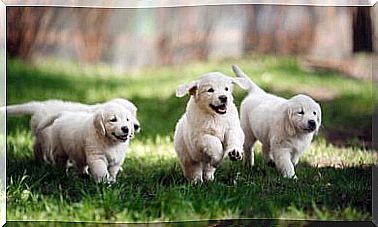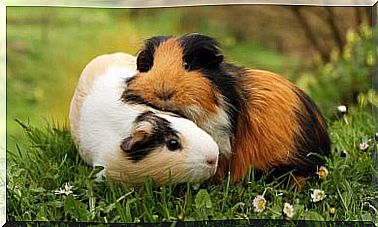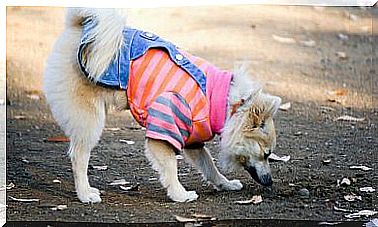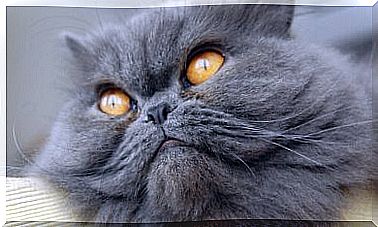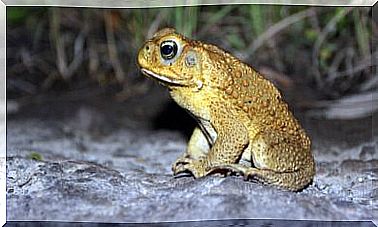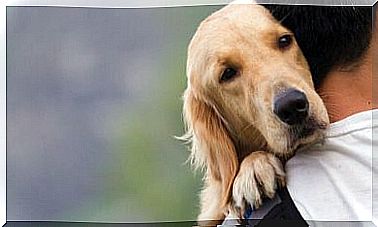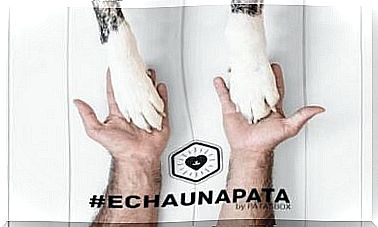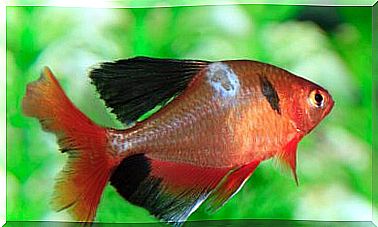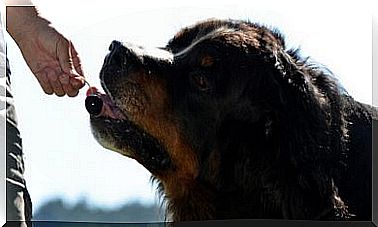Do Horses Have The Ability To Think?
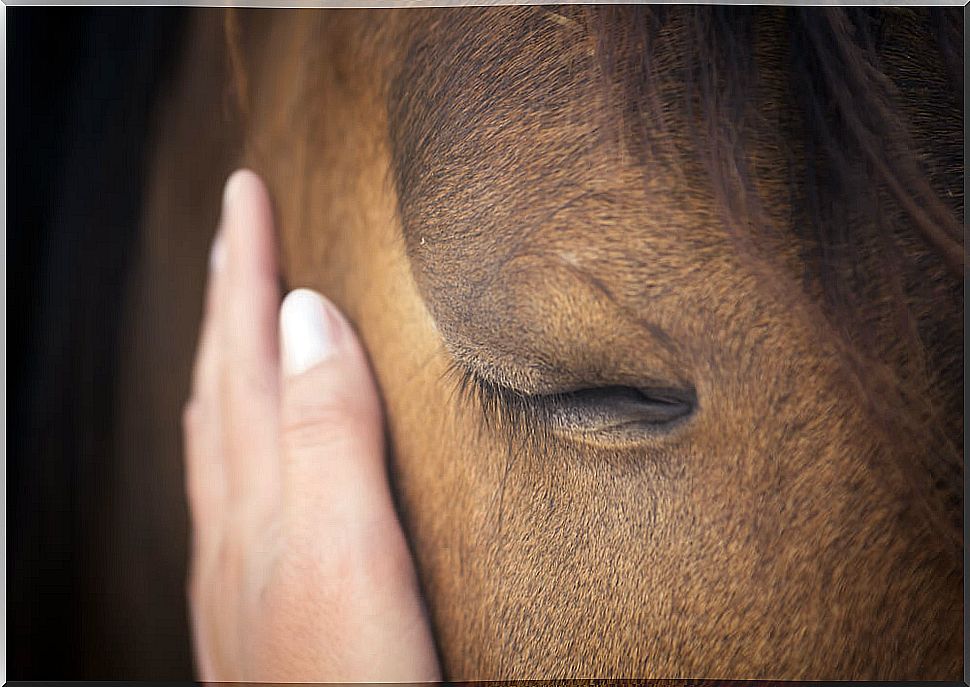
Horses are outstanding animals not only for their majestic appearance, but also for their noble and sensitive demeanor. Although there are many demonstrations of their ability to learn, memorize and show empathy, many people wonder if horses actually have the ability to think.
Do horses have the ability to think?
To answer this question, we must first clearly define what we call thinking. If we expect equines to ration and understand their environment identically to us, we will surely come to a negative answer.
Horses are very different animals from people, so their ways of perceiving and interpreting the world could hardly be identical.
But these differences do not mean that humans and equines cannot demonstrate certain similarities in their forms of intelligence. For example, the senses are as important to horses as they are to humans.
In practice, these animals have the advantage of having senses much better developed than ours. Through their sensory perceptions, they can collect the basic information to understand their environment, as well as the modifications that occur in it.
On the other hand, we can consider that the act of thinking can manifest itself or be processed differently in different individuals. That is to say, a horse could have a structured thought in a different way from that of people, while remaining intelligent.
As a consequence of all this, we should conceive of the existence of multiple forms of equally valid and admirable intelligences. In this way, we would be in a position to affirm that horses have the ability to think, even if we lack to know a lot about their way of understanding and communicating with the world.
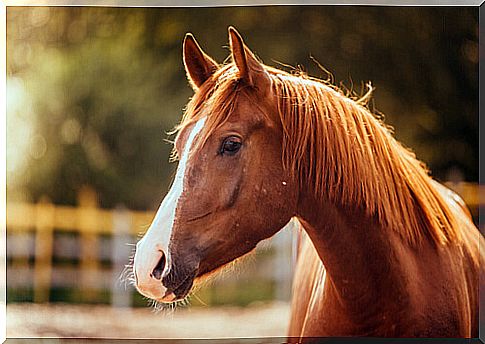
The social structure and learning of horses
A fantastic observation about the intelligence of horses is their ability to learn through a social structure. Equines are highly sociable and sensitive beings; In their wild state, they usually form large groups to defend themselves and take care of themselves in community.
However, what few people recognize is that equines maintain a very well established family structure. In each pack we can identify the leader who is in charge of guiding the other individuals, prioritizing the collective well-being.
In the man-horse relationship, it is estimated that the rider or keeper exercises the role that the leader would naturally assume. Of course, this holds true for healthy bonds, where obedience and learning are fostered by trust and mutual respect.
Foals learn from their mothers
It is also observed that foals learn and experiment in their environment, by observing the behavior of their mothers and other adults. For this reason, it is very common to see them imitating the actions of their mother and other equines of the same group.
This learning is essential for the foal to know how to behave in the social structure of its herd. In addition, it allows them to progressively gain their self-confidence until they feel ready to be adults and survive on their own.
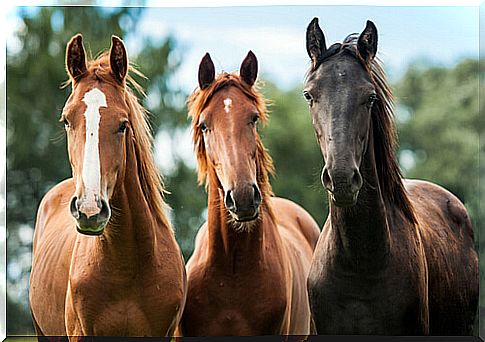
Other interesting facts about the intelligence of horses
They learn easily and have an excellent memory
Those who have already had the possibility of seeing a horse being trained, know its ease of learning. Like dogs, equines tend to respond optimally to work with positive reinforcement.
By reinforcing the desired behaviors through rewards, we quickly get the horse to memorize and execute them with perfection.
On the other hand, high-stress contexts and negative methods, such as the use of punishment, are extremely counterproductive. A frightened or insecure horse that does not find a positive environment to express itself will hardly develop its physical, cognitive, social and emotional capacities optimally.
In addition, equines stand out for having a great capacity for memorization. On the one hand, this facilitates their training and allows them to generate very deep bonds with their caregivers. However, this powerful memory can also lead to the formation of traumas and phobias in those animals that are abused or mistreated.
Each horse has a unique personality
As with people, each horse has its own unique personality. Although we can talk about basic traits in equine behavior, it is impossible to predict the behavior of a specific horse.
The way you express yourself and interact with people, other horses, and your own environment, depends on various factors. Although genetic inheritance influences, the behavior of each animal will depend largely on the environment, the care and the stimulation provided by its keepers.
For this reason, no two horses are the same, neither in their appearance nor in their behavior. And when adopting a horse it is essential to remember that their intelligence and sensitivity require our dedication to reach their optimal levels.

